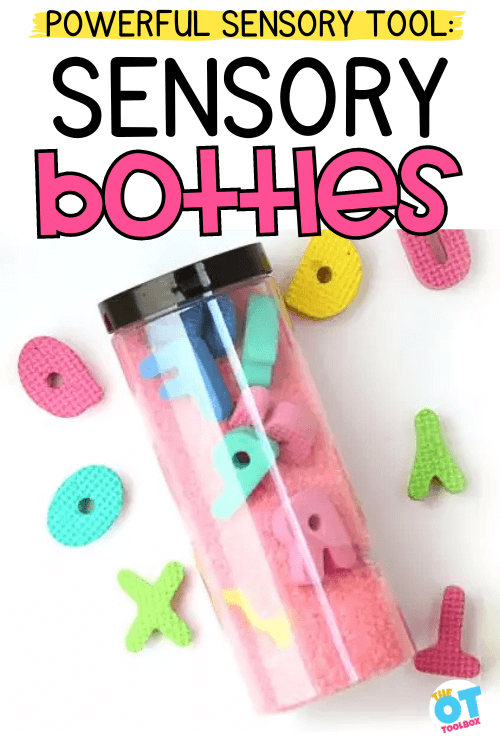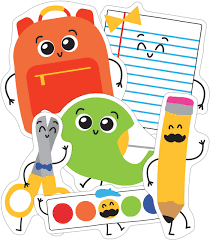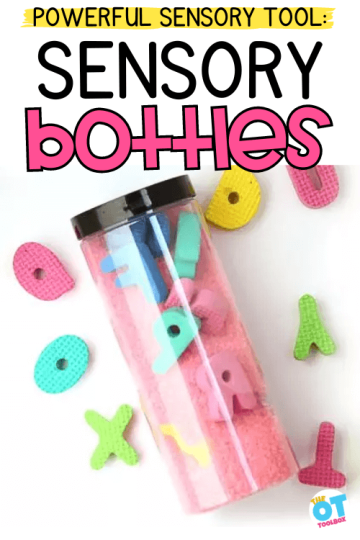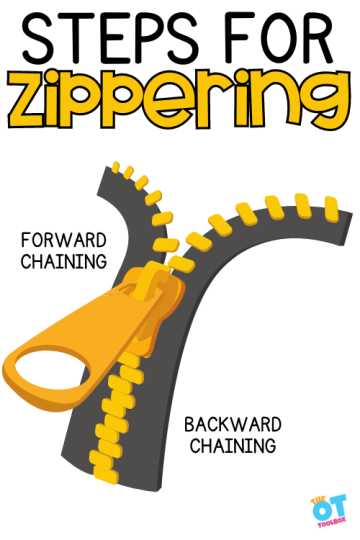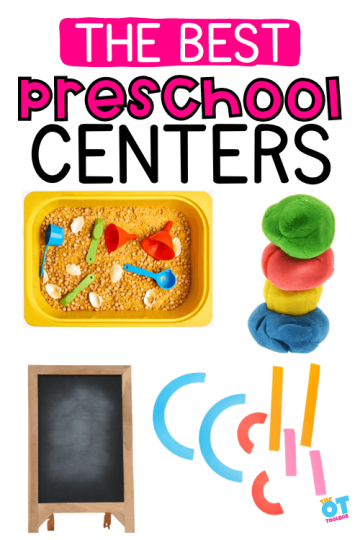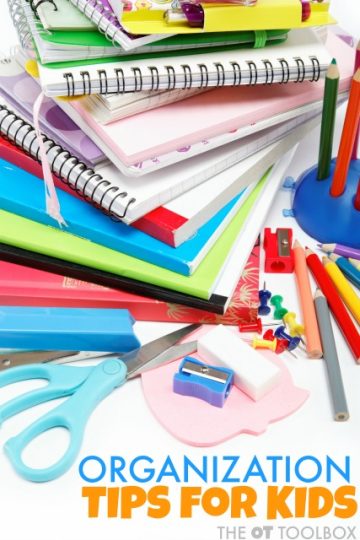For today’s topic, I wanted to cover something a little different in times where we might have to get a little creative with our writing tools/strategies for honing our writing skills! If your child is working on developing their grasp, this post is for you (think of the way you pick up your pencil, do you use three fingers or four? Does your thumb “wrap” around the pencil or is there a wide “O” for the pencil to sit in? Does your hand get tired when you write? All of these things play into what we call a “functional” writing grasp!) I’d like to break this post into several sections, so you can best find the information you need quickly and easily. Hopefully this will give you some creative ideas for creating good writing hands!
Developing Functional Grasp
For younger kids, (think pre-school/kindergarten) I find it best to not “force” children into a particular grasp; rather, finding activities that naturally develop the “pincer” grasp (that three finger grasp I mentioned earlier, think of your hand when you pick up a small bead or cheerio). An easy way to do this is going “small” with your writing utensils. Often times with larger pencils, small kids hold their pencil in a four fingered grasp, or a palmar supinate because they have the space to do so.
These are known as inferior or non functional grasp patterns, and although often times we see these patterns early on, they can limit small fine motor movements and tire the hand out. Sometimes you may see different bracing patterns (see below) in which your child tries to get some stability in what might look like a funky way!

By using small pencils, breaking crayons in half, or adding a small wiffleball/ping pong ball/ or even a tennis ball, you can open up the hand and get better positioning on the pencil, without breaking the bank or going out to the store to buy a fancy pencil grip!

Activities
Here’s a (by no means a comprehensive!) list of some fun activities that naturally develop the pincer grasp I mentioned earlier, all with items you can find at home!
- Dot painting with q-tips
- Picking up small items (cheerios, raisins, beads) and moving into hand without dropping
- “feeding” a tennis ball (take a tennis ball, carefully cut a slit and add eyes, feed the tennis ball by squeezing it open with one hand, and have your child place pennies into its “mouth”)
- Tweezer pick ups (can use cotton balls with dye for fun colorful diy pom poms)
- Sorting small items into an egg carton using tweezers/fingers/etc by color, shape, size
- Pinching and ripping paper to make colorful paper art
I hope these ideas will get you started on why it’s important to start early with developing a functional grasp!
A snail can sleep up to three years! Talk about an extended spring break!


